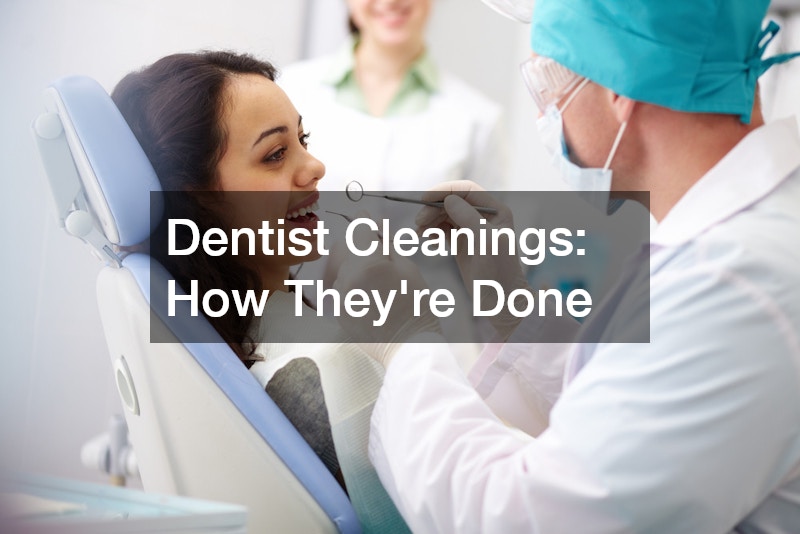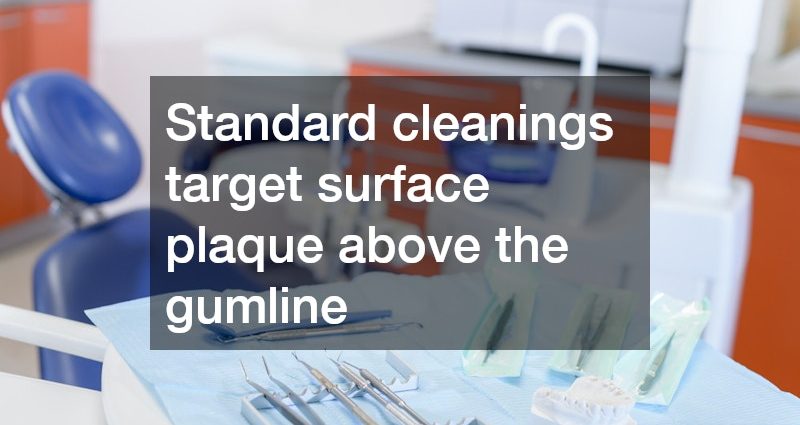
Dentist Cleanings: How They’re Done
Introduction
This article explores how dental cleanings are performed, featuring insights from a dentist in Kirkland, WA. Regular dental cleanings prevent oral diseases, remove buildup, and maintain overall hygiene. By reviewing what happens during a cleaning, how to prepare, and the benefits, you’ll better understand their importance in preventive dentistry and long-term oral health.
What Is a Dental Cleaning?
Definition and Purpose
A dental cleaning removes plaque, tartar, and stains from teeth to maintain gum and tooth health. These professional cleanings prevent decay and gum disease while supporting a confident, healthy smile.
Key Components of a Dental Cleaning
Cleanings include scaling, polishing, and flossing. Scaling removes hardened tartar, polishing smooths surfaces to reduce future buildup, and flossing clears debris between teeth. Together, these steps protect oral health and leave a fresh, clean feel.
Difference Between Cleaning and Deep Cleaning
Standard cleanings target surface plaque above the gumline and are recommended every six months. Deep cleanings address buildup below the gumline, often for patients showing signs of gum disease or inflammation.
Frequency of Dental Cleanings
Most people benefit from a cleaning every six months. Your dentist in Kirkland, WA may suggest more frequent visits if you have a history of gum issues or heavy tartar buildup.
The Role of Dental Cleaning in Preventive Dentistry
Dental cleanings are a foundation of preventive care, reducing plaque, preventing disease, and allowing early detection of small issues before they become major problems.
What Happens During a Dental Cleaning?
Initial Examination
The dentist or hygienist examines your teeth and gums for decay, tartar, or inflammation. X-rays may be taken if needed to check below the surface.
Scaling
Using specialized tools, plaque and tartar are gently removed from the teeth and along the gumline. This step prevents bacteria from damaging enamel or causing gum disease.
Polishing
Teeth are polished with a mildly abrasive paste that smooths enamel and removes surface stains. The result is a cleaner, brighter smile.
Flossing and Rinsing
The hygienist flosses between teeth to clear residual debris, then rinses the mouth with an antimicrobial solution to eliminate remaining particles.
Final Check-Up
The dentist in Kirkland, WA performs a final review, discussing results and recommending any needed treatments or hygiene adjustments.
How to Prepare for a Dental Cleaning?
Scheduling and Choosing the Right Dentist in Kirkland, WA
Select a trusted local dentist focused on preventive care. Schedule your appointment in advance and confirm coverage with your dental insurance provider.
Pre-Cleaning Recommendations
Brush and floss before your visit, and avoid food or drinks that can stain teeth. Inform your dentist about medications or medical conditions that may affect treatment.
What to Bring to the Appointment
Bring your ID, insurance card, and a list of medications. If you have previous dental records or recent X-rays, share them with your dentist.
Understanding Your Dental Insurance
Confirm your coverage for preventive visits, fluoride treatments, or deep cleanings. In-network dentists in Kirkland, WA typically minimize out-of-pocket costs.
Preparing Any Questions for Your Dentist
Prepare questions about sensitivity, whitening, or hygiene habits. Asking questions helps improve at-home care and confidence in your oral health routine.
How Does Dental Cleaning Benefit Oral Health?
Prevention of Gum Disease
Cleanings remove bacteria and plaque that can cause gum irritation or disease. Consistent care supports healthy gums and reduces the risk of tooth loss.
Reduction of Plaque and Tartar
Professional cleanings remove buildup that daily brushing can’t, protecting enamel and preventing cavities or gum inflammation.
Fresher Breath and Aesthetics
Removing debris and stains leaves your mouth cleaner, breath fresher, and teeth more polished, boosting confidence and appearance.
Early Detection of Dental Issues
Routine visits allow your dentist to identify early signs of decay, enamel wear, or gum problems before they worsen.
Improvement of Overall Health
Good oral health contributes to better overall wellness. Research links gum disease with heart and metabolic conditions, emphasizing the value of consistent dental care.
What to Expect After a Dental Cleaning?
Immediate Post-Cleaning Feelings
After cleaning, teeth feel smoother and fresher. Minor sensitivity is normal and fades within a day or two.
Follow-Up Care and Recommendations
Brush twice daily, floss regularly, and follow any fluoride or product recommendations from your dentist. These habits maintain results between visits.
Expected Results
Cleanings result in a healthier mouth, improved breath, and reduced cavity risk. Patients often notice a cleaner, brighter smile immediately.
Common Side Effects
Temporary sensitivity or mild gum tenderness can occur, especially if it has been a while since your last cleaning. These effects typically resolve quickly.
When to Schedule Your Next Cleaning
Most patients should return every six months. Your dentist in Kirkland, WA can personalize your schedule based on your oral health needs.
Conclusion
Dental cleanings are essential for maintaining healthy teeth and gums. Understanding each step, preparation, and benefit ensures you get the most out of your visits. Regular checkups with a trusted dentist in Kirkland, WA support a proactive approach to dental care, keeping your smile bright and your oral health strong year-round.


